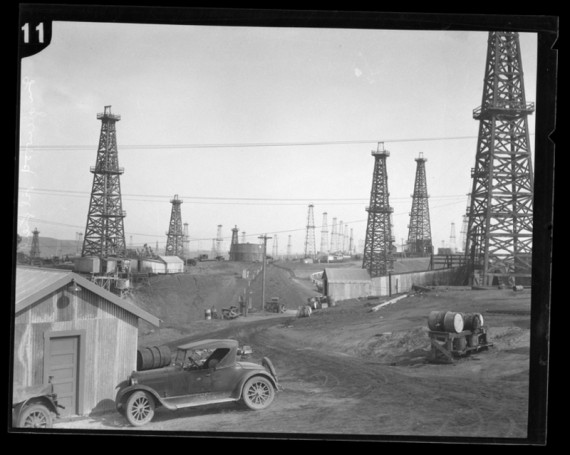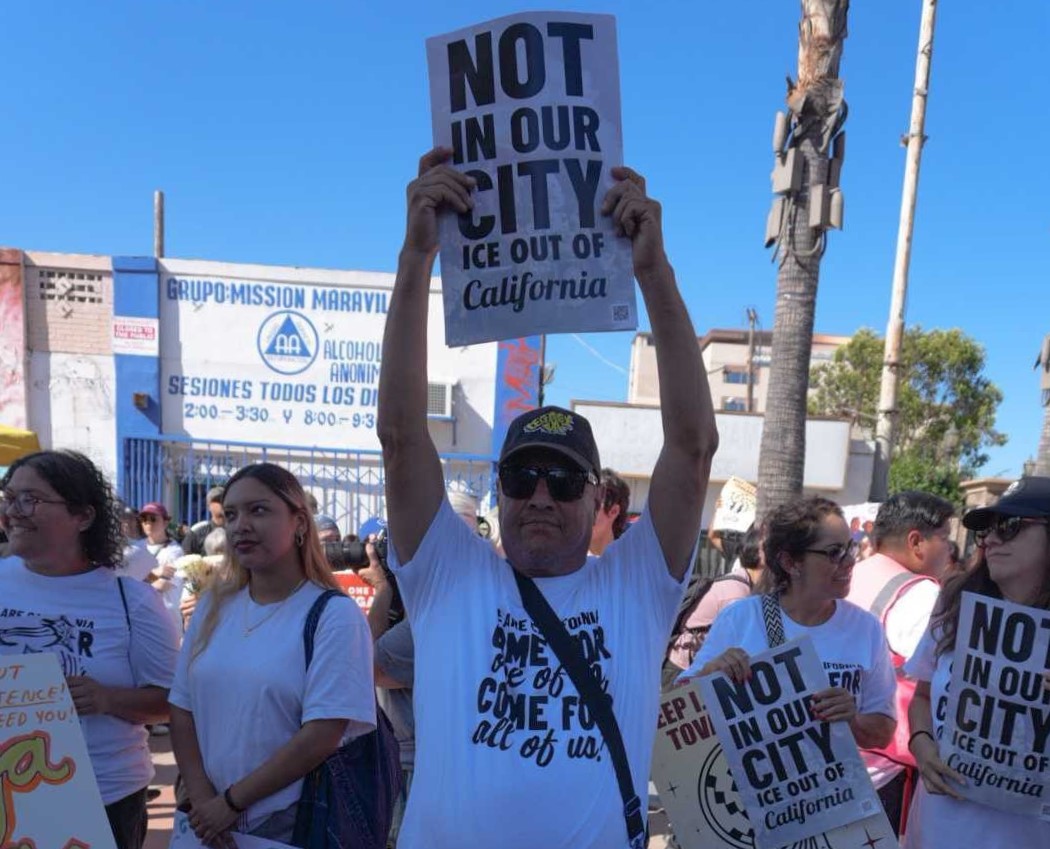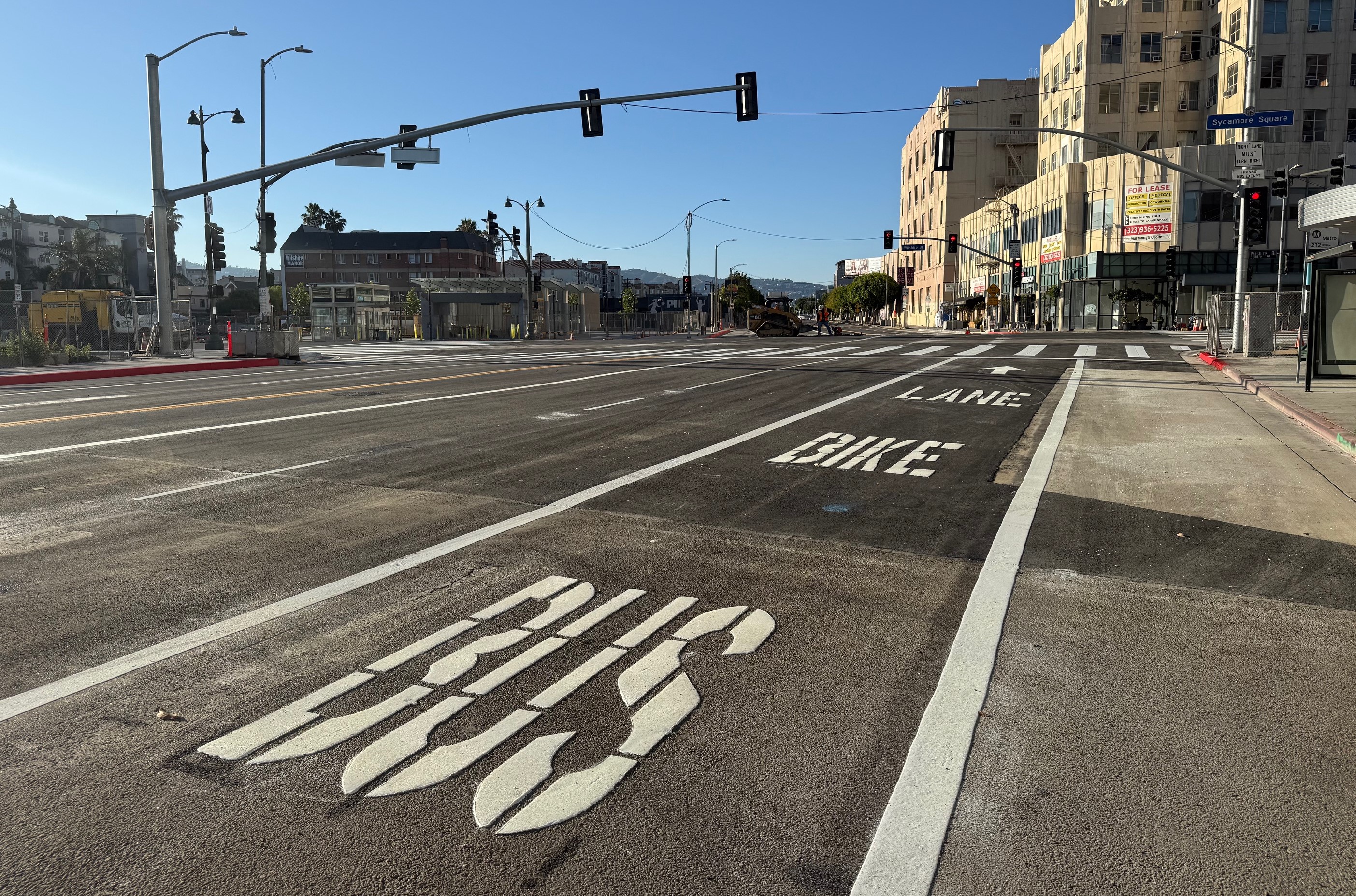
I cannot pretend to be an expert on fracking. Not even close. Yet, I can't help the feeling that drilling thousands of feet into the earth, pumping millions of gallons of chemical-laden water -- with many of the chemicals being known carcinogens -- multiple times over several days into the ground in earthquake fault zones can't be great for the environment. Even if that makes me a silly person.
Thankfully, there are many that know much better than I, and they seem to be in agreement that, indeed, fracking is not all it is cracked up to be. A two-year study of earthquake activity triggered by drilling in Dallas by University of Texas researcher Cliff Frolich, for example, claimed its most significant finding to be "that all of the better-located [earthquake] epicenters were situated within a few kilometers of one or more injection wells." And that "this is important because it suggests that small triggered earthquakes, magnitude about 2 and smaller, occur more often than reported previously. Most of these wells associated with earthquakes were not suspected of triggering earthquakes prior to this study."
His findings confirmed those of a two-year study conducted in the Horn River Basin in Canada that found anomalous low-level seismic activity "were caused by fluid injection during hydraulic fracturing in proximity to pre-existing [earthquake] faults."*
While Frolich could not explain why some injection wells in the shale around Dallas triggered earthquakes and others did not, he made clear that better research is necessary to build a better understanding of the link between fracking and seismic activity. Currently, he wrote,
Most investigations of induced or triggered earthquakes take place only after an earthquake occurs that is severe enough to be felt by nearby residents and receive media attention. Such events usually have magnitudes of approximately 3 or greater and occur in populated areas. Limiting research only to these events [reported by the public or the National Earthquake Information Center] doesn’t help us understand why some injection wells trigger seismic activity and others do not. I am unaware of any previous investigation comparing the properties of injection wells that do and do not induce earthquakes.
Meanwhile, a 2011 draft report by the Environmental Protection Agency (EPA), indicated that synthetic chemicals, including glycols and alcohols used in gas production and fracking, concentrations of benzene that were well above Safe Drinking Water Act standards, and high levels of methane, had contaminated an aquifer in Wyoming. While the contaminants had not significantly affected public and private wells -- contaminants were detected but in low enough levels to still meet safe standards -- the EPA did express concern about the ability of the contaminants to migrate and eventually impact those wells.
Industry leaders, on the other hand, continue to deny that fracking is harmful.
PXP's study of its own fracking activities in the Inglewood Oil Field concluded that -- surprise! -- fracking is totally safe. Air quality is not an issue and nor is ground movement, despite the number of residents from Baldwin Hills that have come forward to speak about how the foundations of their homes are cracking.
Furthermore, industry leaders claim, fracking has never once been proven to impact water supplies. According to the organizers at "Save Colorado From Fracking," however, that may only be because the industry considers "fracking" to be limited to the injection of fluid alone, while the public considers "fracking" to entail the entire process of drilling a well for the purposes of hydraulic fracturing.
Despite the mounting evidence calling the practice into question, a few days ago, Governor Jerry Brown suggested that California should look at fracking as a way to develop its massive oil reserves, currently locked in the Monterey Shale, as a way to reduce dependence on foreign oil. The U.S. Energy Department estimates the shale could contain more than 15 billion barrels of oil -- the equivalent of approximately 64 percent of the U.S.' total shale oil resources.
Fracking in the shale could also lead to a massive economic boom, a new report from USC and the Communications Institute, has found. By 2015, the study claims, oil-related tax revenues could top $4.5 billion and $24.6 billion by 2020, generating as many as 500,000 new jobs -- both within the industry and because of the services the new workforce would require (food, clothing, housing, supplies, etc.) -- in the next two years and 2.8 million jobs by 2020.
Not everyone is so impressed by these projections. Steve Horn, a Research Fellow with desmogblog, is concerned that the report was funded, in large part, by the oil and gas industry and written by people who have close ties with it.
Regardless of who was behind the lofty projections, the fact is that California is still struggling to get a handle on what regulations are needed to monitor the practice in the first place. Last year, bills seeking disclosure of the chemicals used in fracking and tighter oversight of the practice were watered down and eventually killed. Worse still, a recent EPA audit found that the Department of Conservation’s Division of Oil, Gas, and Geothermal Resources (DOGGR) was not currently doing enough to protect ground water as it is.
In response to public concerns about fracking, DOGGR -- the agency tasked with overseeing oil and gas drilling operations in California -- has finally drafted regulations to govern the practice. It wasn't something they had originally wanted to take on. At a meeting in Baldwin Hills last year, they backed away from the idea of being responsible for deciding which terms they should be holding the industry accountable to.
This may be the reason that DOGGR's recent tour of California to solicit public comment on the draft regulations has been both brief and somewhat hush-hush. One was held here in Los Angeles a few weeks ago, but I found out about it too late to be able to attend. And, apparently, they aren't coming back here to revisit this version of the draft any time soon. They will, however, be holding a workshop in Sacramento next week -- the last stop of the tour (you can also find the workshop, the text of the draft regulations, and how to send in your comments here).
****
While the first stab at regulations is of questionable merit, it is better than nothing.
Crazy as it sounds, there currently are none. That's right. None.
Although a common practice for decades, oil companies have never been required to notify DOGGR of where they were fracking. The new regulations would address this oversight and include provisions for pre-fracturing well testing, advance notification of fracturing plans, monitoring during and after fracturing operations, and disclosure of materials used in fracturing fluid, trade secrets, and storage and handling of hydraulic fracturing fluids.
And, even though John Stossel at Fox News considers the stopping of fracking to be "the latest cause of silly people" and Jerry Brown has fired regulators seen to be slowing down the ability of oil companies to get drilling permits, California lawmakers appear determined to get a handle on the practice. At least eight bills are currently in the works to regulate or tax the industry's expansion, says the Associated Press.
They better work fast.
At the December federal auction by the U.S. Bureau of Land Management in Sacramento, energy representatives snapped up 18,ooo acres of land in the Monterey Shale for exploratory drilling in the first 10 minutes of bidding. Given the challenges of reaching the oil locked deep in the shale, oil and gas companies are operating on the expectation that it is only a matter of time before they can begin fracking.
And while Fox's Stossel may believe that "Nothing is completely risk-free. Companies make mistakes. Chemical spills happen...Th[ose risks] are also far preferable to the risk of paying more for energy -- thereby killing opportunities for the poor," it does seem that we might benefit from a little oversight of oil and gas companies and more understanding of the practice. And, when you figure in things like the potential contamination of water supplies in a drought-prone state, I'm guessing that we (and, yes, even the poor) might come to a different conclusion about the costs and benefits of fracking.
Would you like to learn more about fracking happening in Los Angeles? Check out the website for the Baldwin Hills Community Standards District or attend one of their monthly meetings.
*Thanks to Citizens Coalition for a Safe Community for pointing me to this study.






